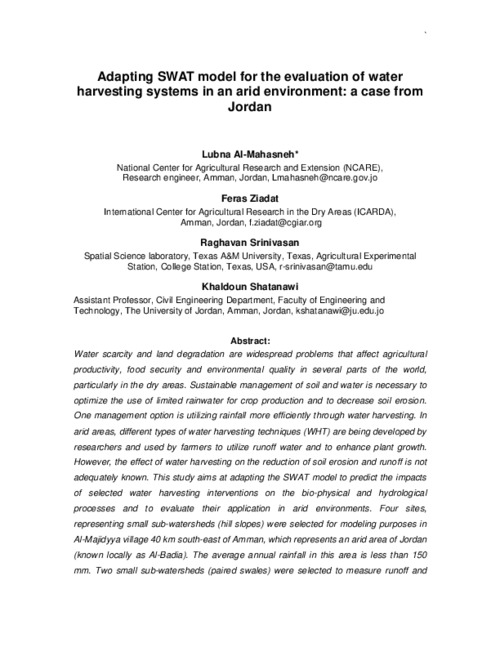Lesotho : Financial Sector Review
This report is a review of the Lesotho's financial system covering: i) the macro-financial environment; ii) safety and soundness of the banking system; iii) non-bank financial institutions; and iv) microfinance and finance for small and medium enterprises. The report was based on data and other information collected during the March 2003 mission.




